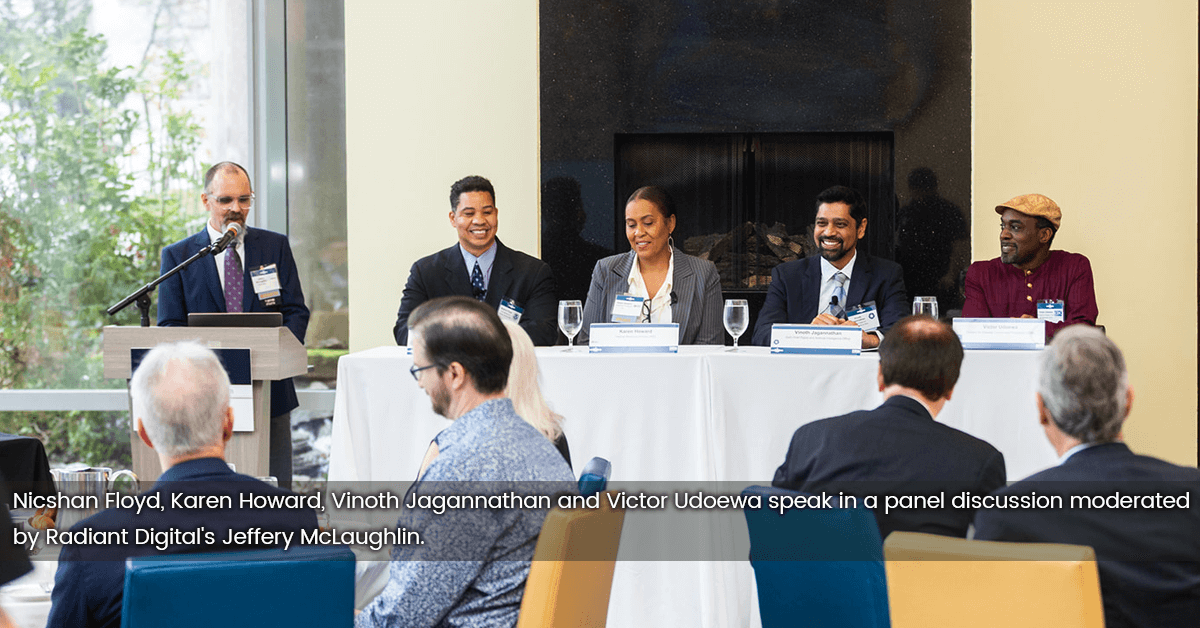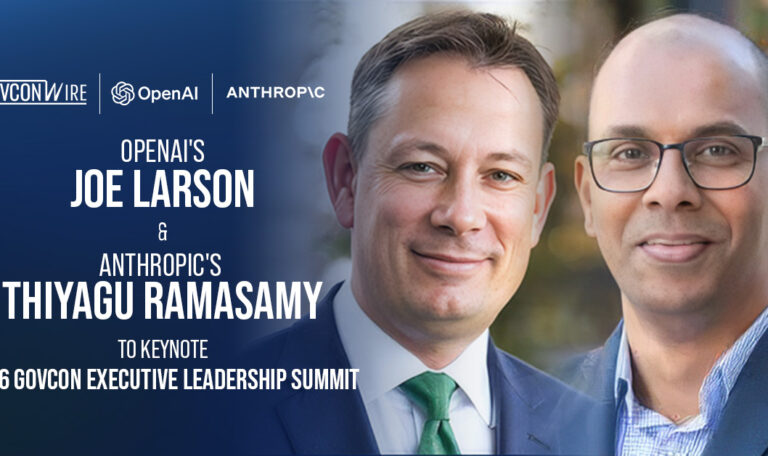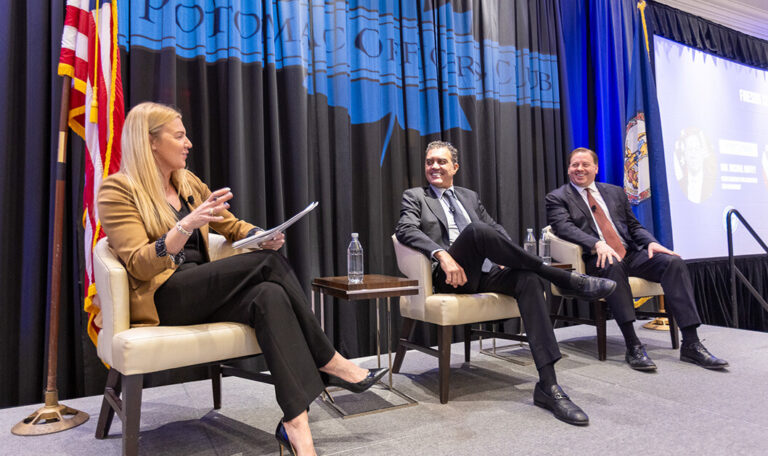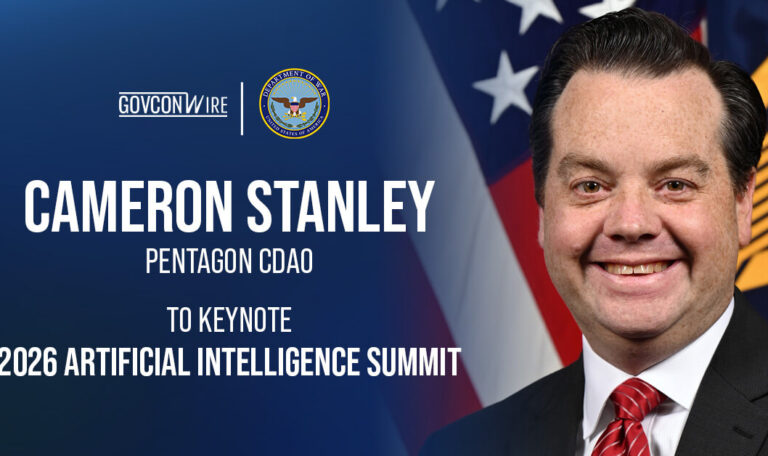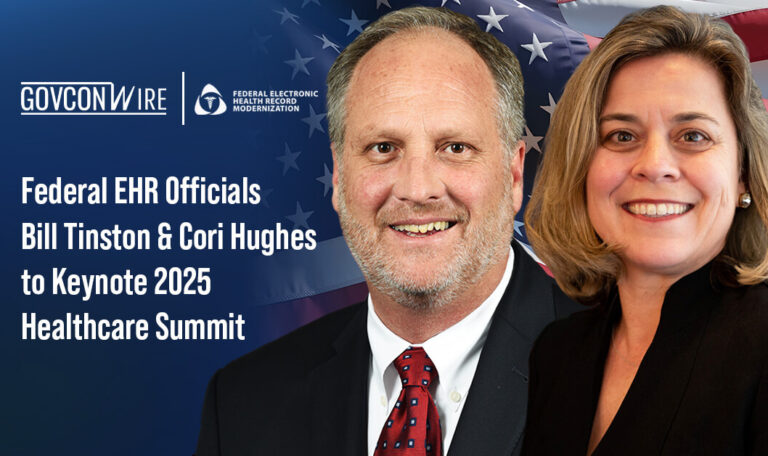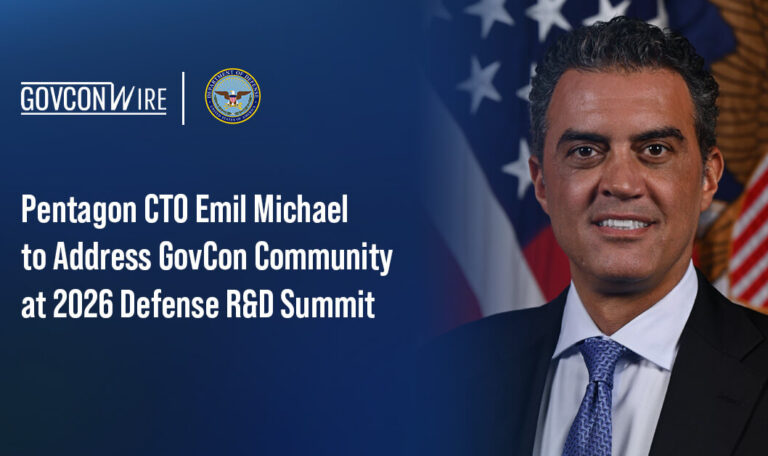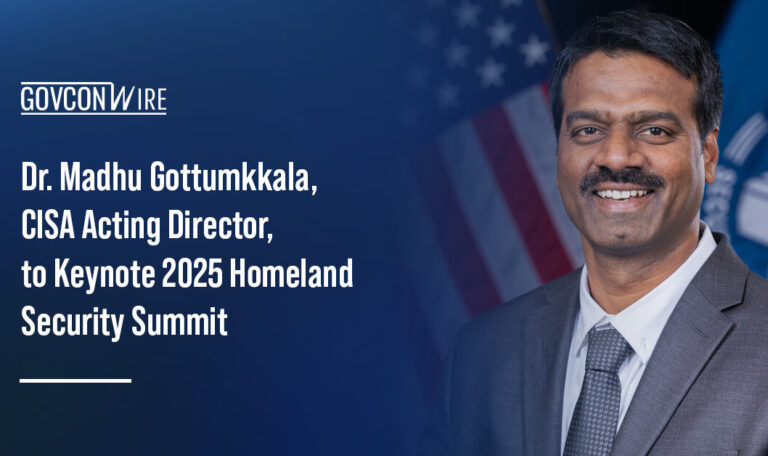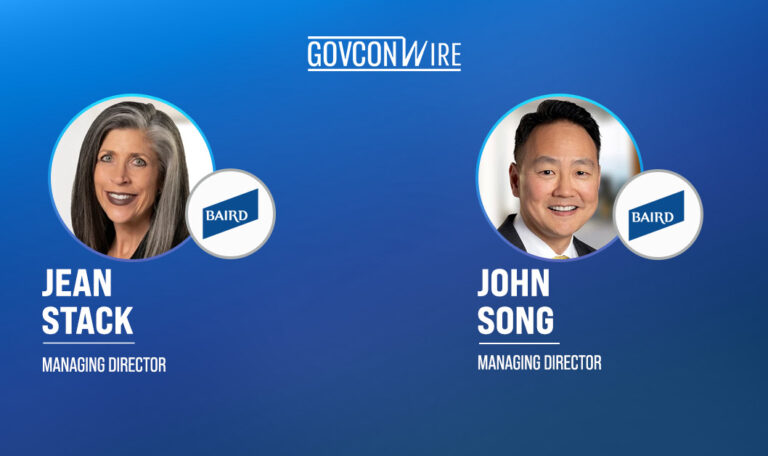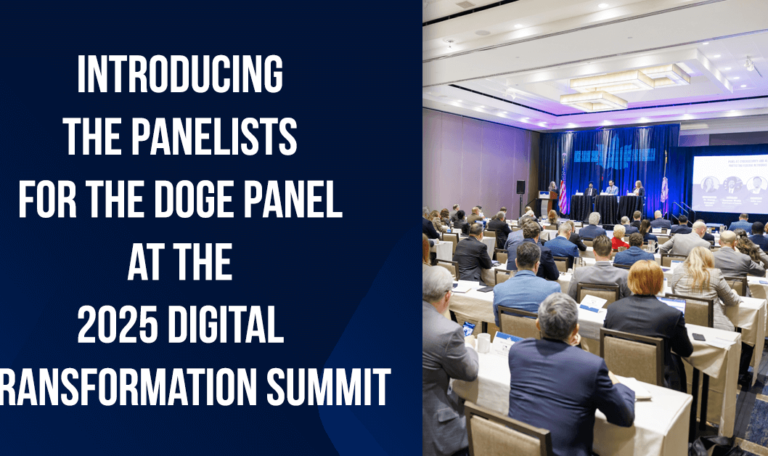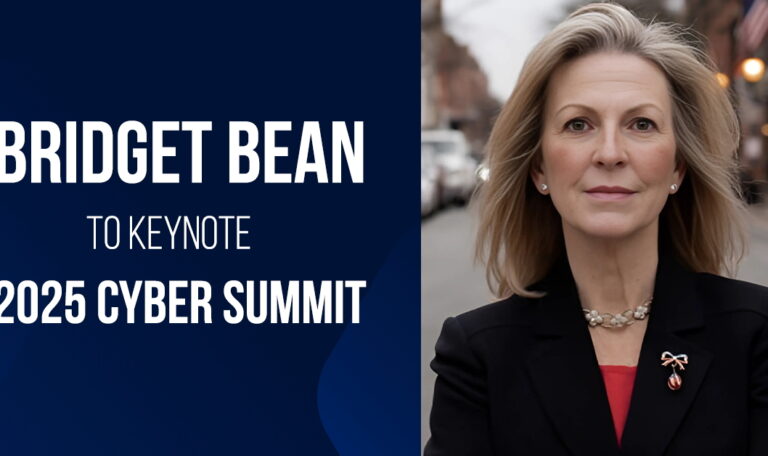In 2021, President Biden issued an Executive Order calling on agencies to elevate the experience of individuals using government services. Since then, federal organizations have heightened their focus on the customer experience, or CX, for both the public and internal employees.
Enhancing the customer experience requires looking beyond the traditional perspective on CX, Nicshan Floyd, deputy director for the CX Directorate at the Department of Homeland Security, said during a panel discussion at the Potomac Officers Club’s The CX Imperative Forum on Thursday.

What this entails, he said, is focusing on the individual, the touch points, the impact and the specific problems agencies are trying to address while working in a flexible manner.
“Don’t come to the table with a ready solution. Be willing to do discovery and find out the right solution, because in the long run, that’s going to save you a lot of hassle,” he said.
Vinoth Jagannathan, chief user experience architect for the Department of Defense’s Chief Digital and Artificial Intelligence Office, emphasized that tools should be developed using a CX-leading approach rather than waiting until the end of the process to consider these components.
According to Victor Udoewa, service design lead for the Centers for Disease Control and Prevention’s Office of Public Health Data, Surveillance and Technology, a significant part of improving CX is basing agency job performance goals around the ways their work affect clients.
He shared that in his career, he has seen scenarios in which what was viewed as perfect job performance was not reflected in the customer experience. For Udoewa, a major goal is to make sure that a job well done is something that has an “actual impact” on the customer.

Karen Howard, director of the Office of Online Services within the Internal Revenue Service, said her agency is focused on metrics and feedback as means to measure the success of any tool.
“When people are happy, they’re willing to give feedback. When people are not happy, they’re willing to give more feedback, so if we see an increase in negative feedback or frustration and pain points, that is an indication and helps us target our efforts using data and analytics on what is creating all this negative feedback,” she explained.
Jagannathan noted trust, value and consistency as the ways CDAO assesses CX achievement. He defined trust in this scenario as the provision of the right amount of meaningful data.
Udoewa stressed that agency evaluations of CX success should not be based on positive experience alone.
“It’s an important component, but there are services, in my experience, where you can make people feel really good. They had a really great experience, but they didn’t achieve their outcomes,” he said.

Don’t miss the Potomac Officers Club’s next event, the 10th Annual Defense R&D Summit on Jan. 31. At the event, you will have the opportunity to hear from key public and private sector defense technology leaders. To learn more and register to attend the summit, click here.


